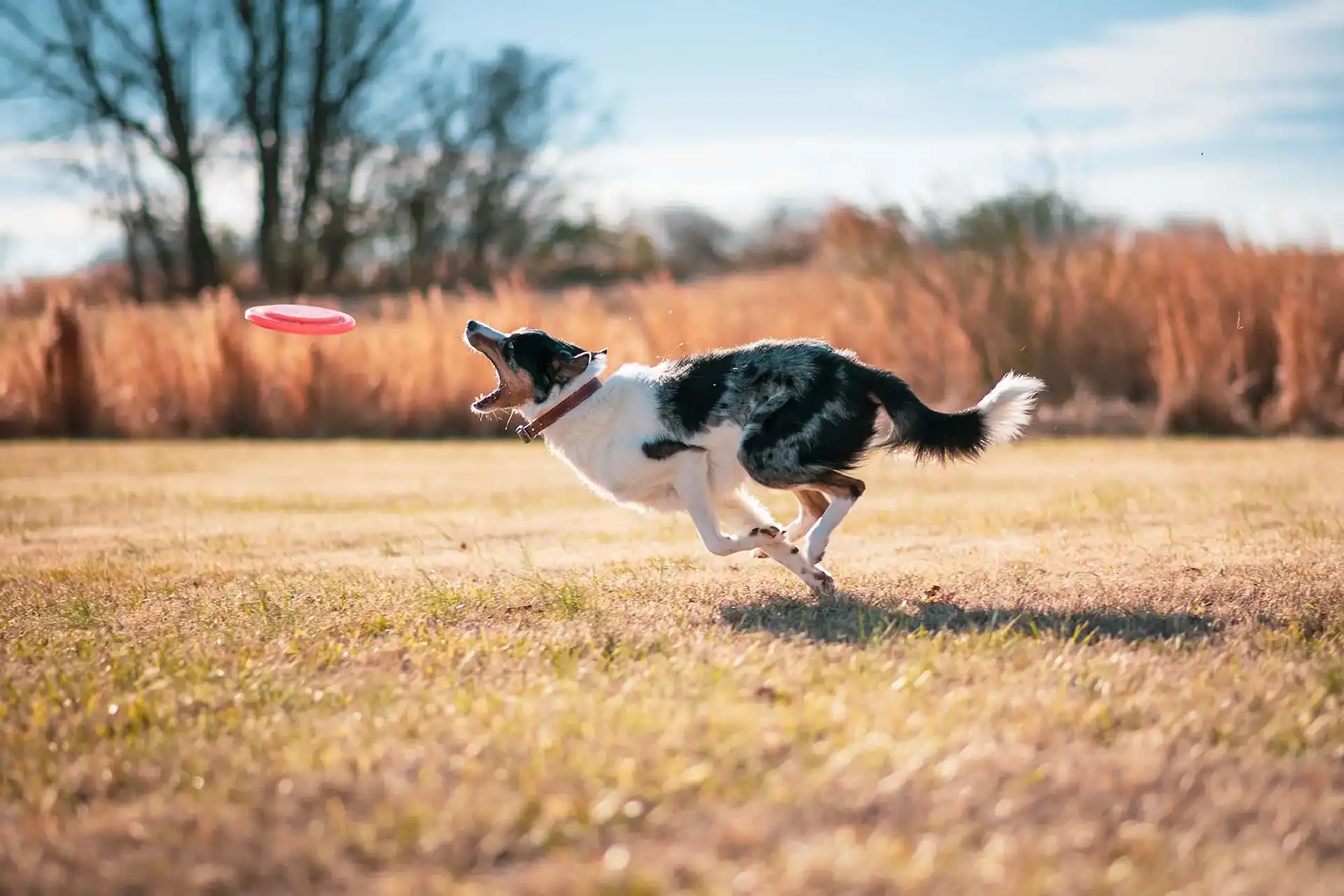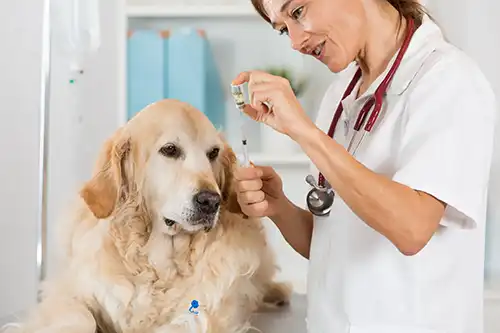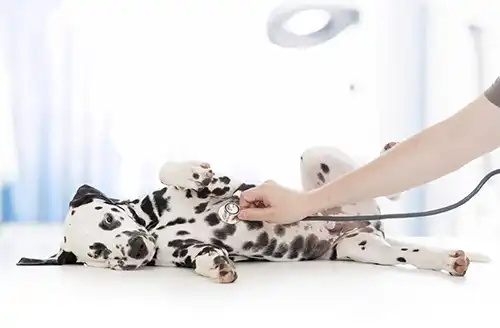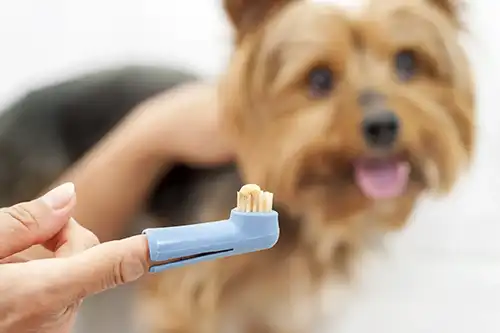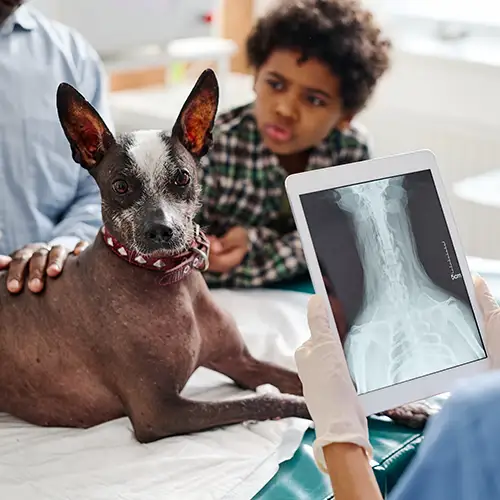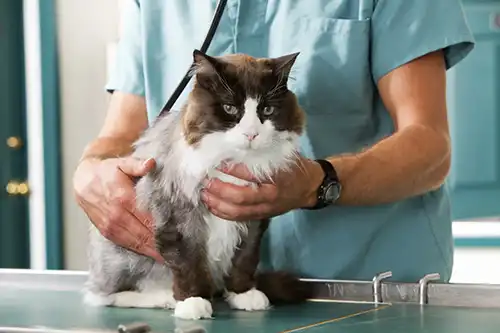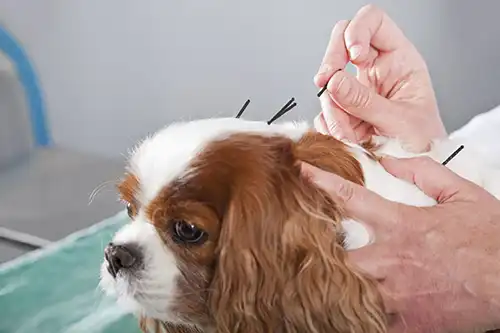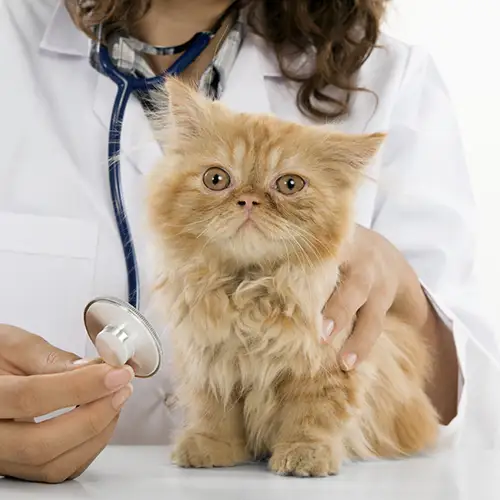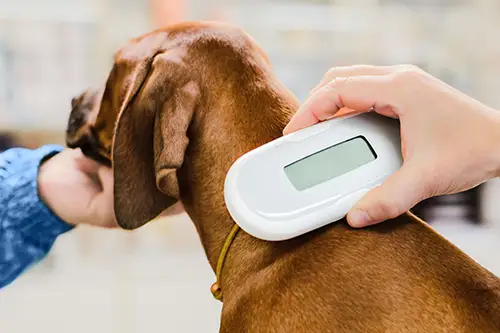At Makawao Veterinary Clinic, our goal is to help keep your animal friend a step ahead of illness and injury whenever possible. That’s why we place such a strong emphasis on wellness care. Simple things, like annual checkups, vaccines, and routine health screenings can dramatically improve the length and quality of your pet’s life.
Of course, we also know that sometimes, despite our best efforts to keep your companion healthy, the need for additional medical care may still arise. When that happens, we want you to know you can count on our experienced team and extensive list of modern veterinary services. From high-tech diagnostic testing to advanced surgery and emergency medicine, we’ve got you covered.
Prefer a more natural approach to your pet’s health care? We offer a variety of integrative and alternative medicine options, including acupuncture, homeopathy, Chinese herbal medicine, laser therapy, and more.
Rounding out our clinical services, our general pet care options are designed to keep your pet looking and feeling their very best. Professional grooming, full-service boarding, and a convenient on-site retail shop make us your one-stop-shop for everything pet-related!
For a full list of services available to patients of Makawao Veterinary Clinic, please see below. Or better yet – give us a call and let’s design a customized health care plan to help your pet live a truly amazing life!


